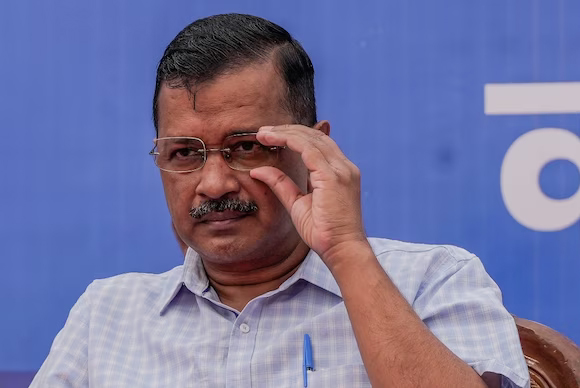
Delhi Chief Minister Arvind Kejriwal has been summoned once again by the Enforcement Directorate (ED) as part of its ongoing probe into the Delhi liquor excise policy scam. Sources familiar with the matter revealed that this marks the eighth time Kejriwal has been called in for questioning, with the latest summons scheduled for March 4th.
Kejriwal has consistently refused to comply with previous summonses, citing their illegality and alleging political motives behind the ED’s actions. The Aam Aadmi Party (AAP) leader has asserted that the repeated summonses are part of a larger strategy by the ruling Bharatiya Janata Party (BJP) to undermine his party’s prospects, especially with general elections looming just weeks away.
Despite his refusal to appear before the ED on previous occasions, Kejriwal has not escaped legal scrutiny. A special court handling money laundering cases is set to hear from the Delhi Chief Minister on March 16th, where he will be required to justify his repeated non-compliance with the ED’s summonses.
Sources within the ED indicate that the agency continues to issue summonses as the court has not intervened to halt their actions. Kejriwal’s persistent defiance of these summons raises the specter of him becoming the first sitting Chief Minister to face arrest in connection with such charges.
The investigation revolves around allegations that the AAP government’s revised alcohol sales policy facilitated kickbacks from cartels, with the proceeds allegedly funneled into funding electoral campaigns in various states, including Goa. Specifically, both the ED and the Central Bureau of Investigation (CBI) have alleged that the policy favored specific dealers who paid bribes for liquor sale licenses, leading to cartelization.
While Kejriwal has vehemently denied these allegations, two senior AAP members, including former Deputy Chief Minister Manish Sisodia, have already been arrested in connection with the case. Sisodia was apprehended in February last year, followed by the arrest of Rajya Sabha MP Sanjay Singh in October.
The Delhi government, under Kejriwal’s leadership, reported a significant increase in revenue from the revamped liquor policy, amounting to ₹8,900 crore. The AAP has consistently maintained that the policy changes were aimed at enhancing transparency and generating revenue for public welfare, while accusing the BJP of orchestrating a political witch-hunt through government agencies.
Sources By Agencies


